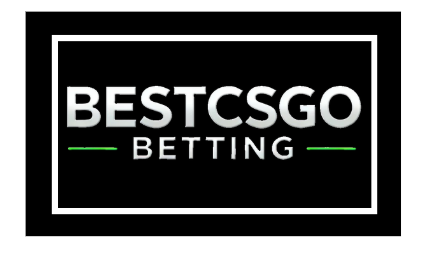Introduction
The phrase “I bet” often signals confidence in an unexpected claim. But how often are we truly aware of the hidden truths behind everyday assumptions? From science to history, this article uncovers surprising facts that challenge common knowledge, inviting readers to rethink what they think they know.
The Science Behind Everyday Predictions
Humans are natural predictors, relying on patterns to navigate life. Yet, many scientific truths defy intuition.
Probability Puzzles
Consider the Monty Hall Problem: contestants pick one of three doors, hoping to win a prize. After a reveal of an empty door, switching doors boosts winning odds from 33% to 66%. This counterintuitive statistic baffles even mathematicians, proving that probability isn’t always straightforward.
Cognitive Biases at Play
Confirmation bias leads us to favor information that aligns with existing beliefs. A 2019 study in Nature Human Behaviour found people dismiss 50% of contradictory evidence, reinforcing misconceptions. Next time you say, “I bet that’s true,” ask: Is this fact or bias?
Hidden Truths in History
History is riddled with overlooked events that reshaped the world.
The Great Emu War
In 1932, Australia declared war on emus after flocks destroyed crops. Despite machine guns and soldiers, the emus “won,” highlighting humanity’s occasional underestimation of nature.
**The 7.2MillionMistake∗∗In1867,U.S.SecretaryofStateWilliamSewardpurchasedAlaskafromRussiafor7.2MillionMistake∗∗In1867,U.S.SecretaryofStateWilliamSewardpurchasedAlaskafromRussiafor7.2 million, dubbed “Seward’s Folly.” Critics mocked the deal—until gold and oil were discovered, turning Alaska into an economic powerhouse.
The 1913 Art Revolution
The New York Armory Show introduced Cubism and Fauvism to America, shocking audiences. Critics called Matisse’s work “barbaric,” yet this exhibit sparked modern art’s rise. Sometimes, society rejects today’s genius, only to celebrate it tomorrow.
The Psychology of Betting and Risk-Taking
Why do humans embrace uncertainty? Neuroscience and psychology reveal intriguing answers.
Dopamine and the Thrill of Uncertainty
A 2016 study in Neuron showed dopamine spikes not when we win, but when anticipating a reward. This explains lottery tickets, casinos, and even stock trading—our brains crave the “maybe.”
The Overconfidence Effect
Harvard researchers found 93% of drivers rate themselves “above average,” a statistical impossibility. Overconfidence fuels bets on careers, relationships, or investments, often ignoring odds. As economist Daniel Kahneman warns: “We’re blind to our blindness.”
Cultural Influences on Risk
In Japan, pachinko parlors blend gambling with socializing, while Silicon Valley glorifies high-risk startups. Cultural norms shape how we weigh risks, proving “betting” isn’t just personal—it’s societal.
Conclusion: Embracing the Unknown
Saying “I bet” reveals our dual nature: confident yet curious. By questioning assumptions and exploring hidden truths, we grow wiser. Whether through science, history, or psychology, life’s most rewarding bets often lie beyond the obvious. So next time you’re certain, pause. The truth might surprise you.


